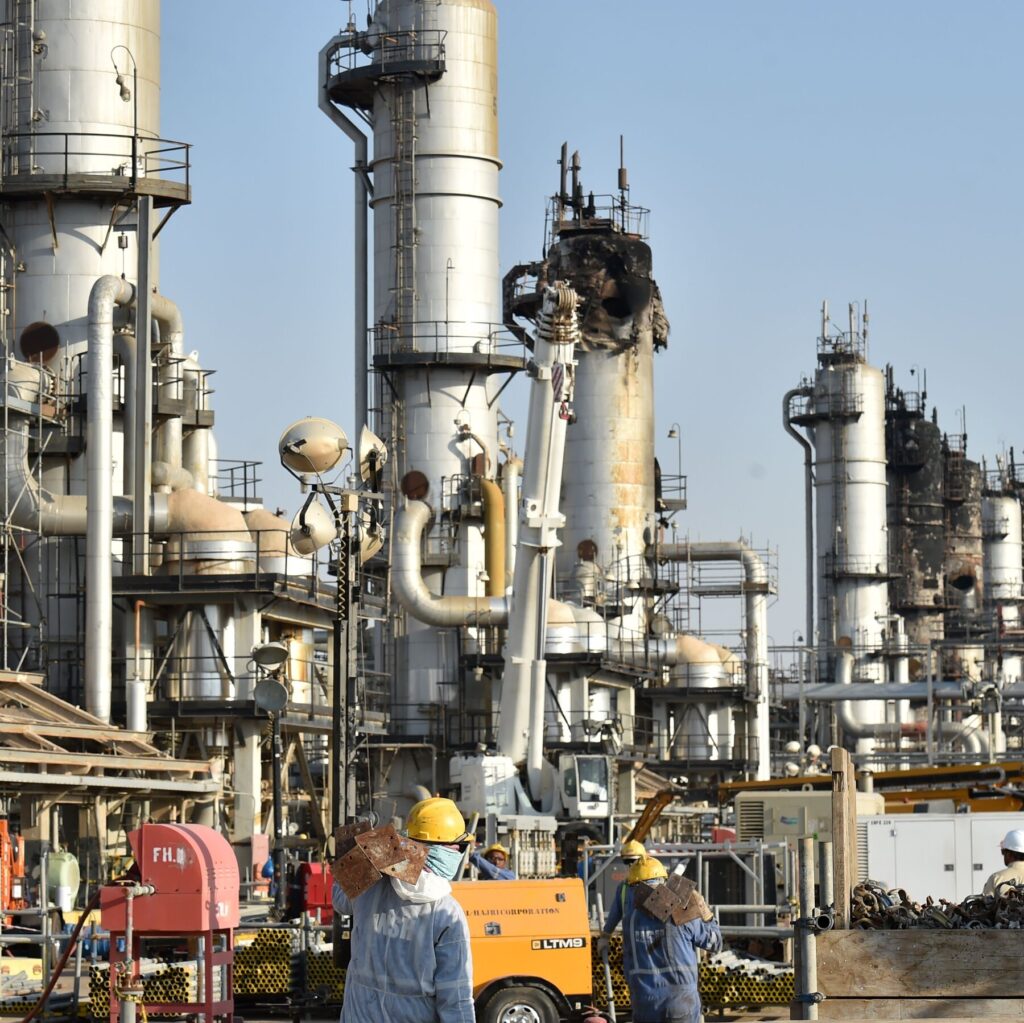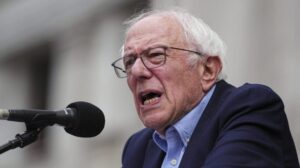
Eight members of the OPEC Plus oil producers group announced on Saturday that they would increase oil production by 548,000 barrels per day starting in August. This decision surpasses expectations from some analysts and could potentially contribute to a decrease in global oil prices. The increase represents approximately half a percent of global production and marks a shift from recent months’ more conservative output levels.
The group, which includes major oil-producing nations such as Saudi Arabia, Russia, the United Arab Emirates, and Iraq, stated that the decision was influenced by a “steady global economic outlook and current healthy market fundamentals.” Analysts suggest that these production increases could lead to a situation where supply exceeds demand in the latter half of the year, potentially driving prices down.
Market Implications and Expert Analysis
S&P Global Commodity Insights recently projected that supply could outpace demand by 1.25 million barrels per day in the second half of 2025. As of Friday, the price of Brent crude, the international benchmark, stood at approximately $68 per barrel. S&P forecasts a potential decline to a range of $50 to $60 per barrel later this year and into 2026. Furthermore, West Texas Intermediate, the standard for American crude oil, might drop below $50 per barrel from its current level of about $66.
“Supply is likely to outstrip demand by 1.25 million barrels a day in the second half of 2025,” according to S&P Global Commodity Insights.
The oil producers have indicated that the planned increases could be “paused or reversed” depending on market conditions. This cautious approach underscores the group’s responsiveness to fluctuating market dynamics and external pressures.
Strategic Considerations and Historical Context
The decision to boost production is coordinated by Saudi Arabia rather than OPEC, reflecting the kingdom’s pivotal role in the group’s strategy. The move seeks to quickly unwind the 2.2 million barrels per day in cuts that were agreed upon two years ago. Analysts believe that Saudi Arabia is responding to internal pressures from other members, such as the United Arab Emirates, who are advocating for higher output.
Additionally, the decision appears to align with geopolitical strategies, as Saudi Arabia aims to maintain favorable relations with the United States. During President Trump’s administration, fostering ties with Saudi Arabia and regional allies like the UAE was a foreign policy priority.
Seasonal Demand and Geopolitical Tensions
The timing of the production increase coincides with the summer driving season and the heightened demand for crude oil to generate electricity for air conditioning in countries like Saudi Arabia. These seasonal factors could temporarily boost demand, providing a strategic window for increased output.
Meanwhile, the markets have largely dismissed recent geopolitical tensions, such as the conflict between Israel and Iran, which briefly caused a spike in prices but had minimal impact on overall supply.
Looking Ahead: Economic and Environmental Considerations
The decision by OPEC Plus to increase production is a calculated move within a complex global energy landscape. As the world transitions towards more sustainable energy sources, the role of traditional oil producers remains significant. The potential for lower oil prices could have widespread economic implications, affecting everything from consumer fuel costs to national economies reliant on oil exports.
As the situation evolves, market observers will closely monitor OPEC Plus’s actions and their impact on global oil prices. The group’s ability to adapt to changing market conditions will likely play a crucial role in shaping the future of the oil industry.
In conclusion, while the immediate effects of the production increase may lead to lower prices, the long-term implications will depend on a myriad of factors, including economic recovery, technological advancements in energy, and geopolitical developments. The global energy market remains in a state of flux, with OPEC Plus at the center of these dynamic changes.






